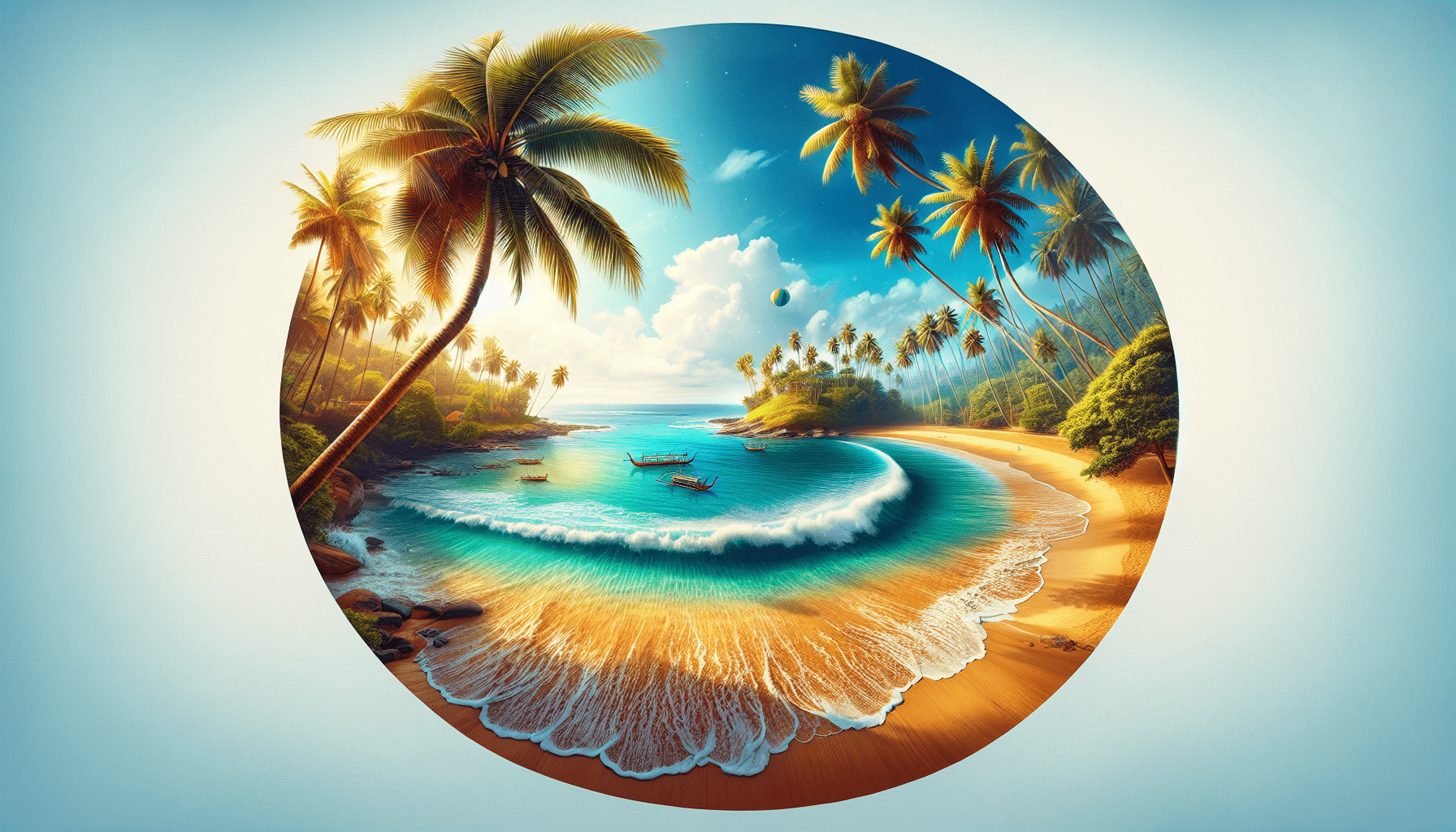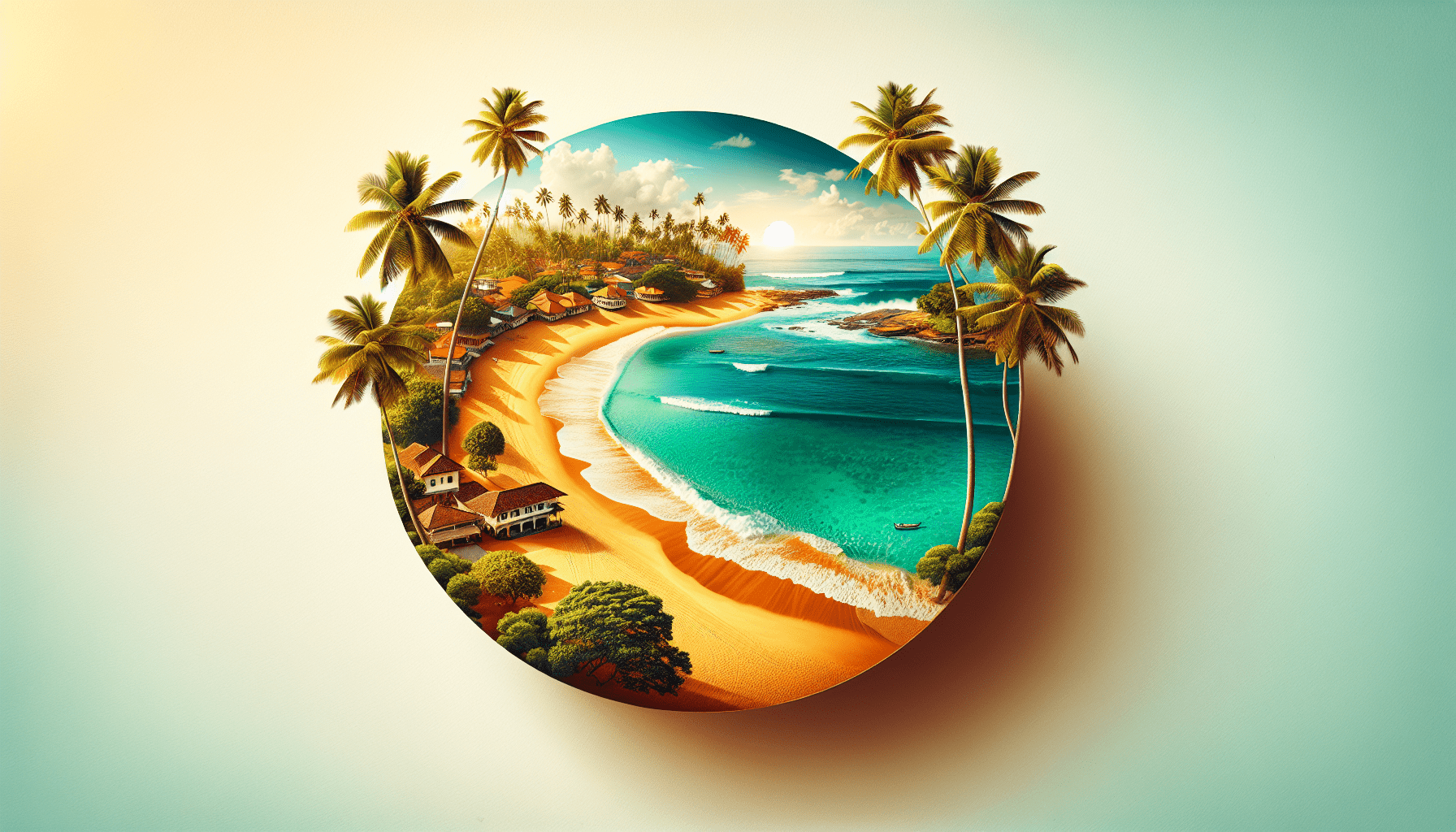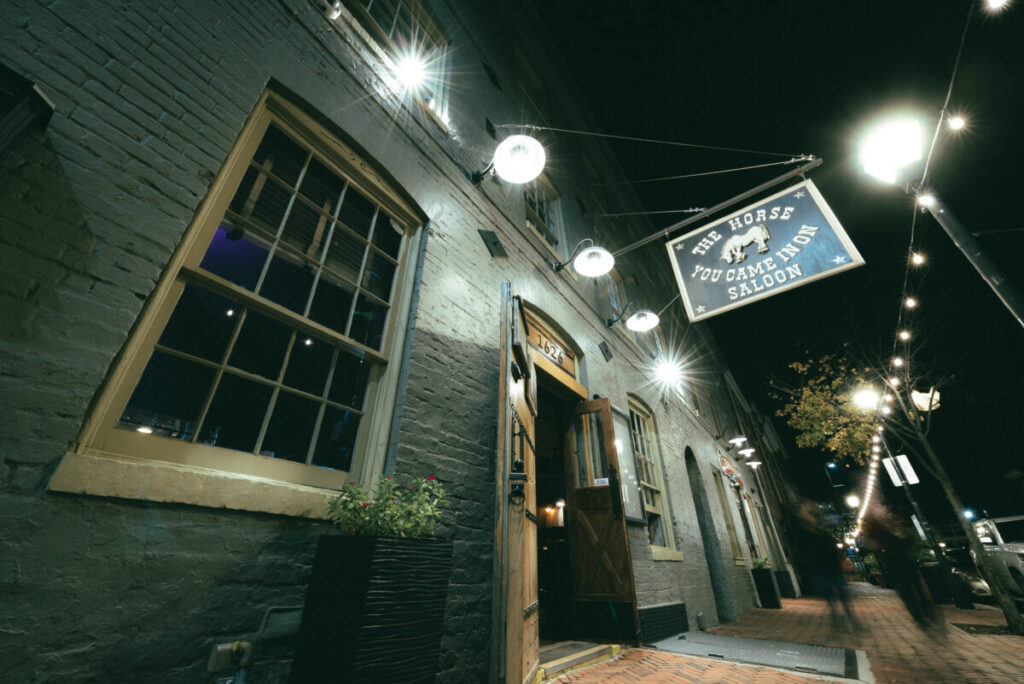Mr. Pen- Windproof Travel Umbrella, Automatic Umbrellas for Rain, Compact Umbrella
$8.85 (as of March 10, 2025 20:59 GMT +00:00 - More infoProduct prices and availability are accurate as of the date/time indicated and are subject to change. Any price and availability information displayed on [relevant Amazon Site(s), as applicable] at the time of purchase will apply to the purchase of this product.)Do you ever find yourself wondering about the best time to plan your vacation? Sri Lanka, a small yet diverse island nation, offers an unforgettable journey brimming with vibrant landscapes, rich culture, and mesmerizing wildlife. Yet, its dual monsoon seasons might have you scratching your head about when to pack your bags. Let’s navigate this beautiful island’s seasons together, offering insights and tips for every time of the year.

Search vacation packages & trips
Discover Sri Lanka: A Seasonal Guide for the Best Time to Visit
Sri Lanka, a treasure trove of experiences, caters to a broad spectrum of interests—from pristine beaches and verdant rainforests to sprawling tea plantations, thrilling wildlife safaris, and ancient cultural sites. Since the island has two monsoon seasons affecting different parts of the country at varying times, the ideal time to visit depends largely on where you wish to go and what you want to do. Let’s break this down season by season.
Winter (December to February)
Pros
Winter in Sri Lanka is a traveler’s paradise offering superb weather conditions. It’s an ideal time for beach vacations and historical explorations, coupled with the vibrancy of festive celebrations like Christmas, New Year’s Eve, and Duruthu Perahera.
Cons
However, popular tourist spots can get crowded. You may find accommodation prices significantly higher during this season due to the influx of holiday-goers. Additionally, the northeastern regions experience monsoon rains, which might hinder your travel plans there.
Weather
From December to February, you can expect warm temperatures ranging from 23°C to 30°C. While the southwestern and central areas receive minimal rainfall, the hills are cooler, creating a pleasant escape from the warmth.
Best Places to Visit
Southwest Coast
The southwest coast is renowned for its stunning beaches. Places like Bentota, Galle, and Unawatuna offer sun-soaked beaches, water sports, and picturesque settings.
Cultural Triangle
Explore ancient temples and ruins in Sri Lanka’s Cultural Triangle, comprising Anuradhapura, Polonnaruwa, and Kandy. These sites provide a fascinating peek into Sri Lanka’s historical and cultural heritage.
Hill Country
For cooler climates and breathtaking landscapes, the Hill Country is perfect. Nuwara Eliya, often referred to as “Little England,” and Ella, with its stunning viewpoints, are must-visit spots.
Culinary Delights
Winter is also a time to savor Sri Lanka’s rich culinary heritage. Treat yourself to local delicacies like Kottu Roti, Fish Ambul Thiyal, and Sri Lankan Christmas Cake which are sure to tantalize your taste buds.
Wildlife
Wildlife enthusiasts can head to Mirissa for whale watching or Yala National Park to spot leopards and elephants.
Events
- Christmas and New Year’s Eve: Sri Lanka celebrates these international festivities with local flair, making for a memorable experience.
- Thai Pongal: A Tamil harvest festival, celebrated with traditional rituals and feasts, typically in mid-January.
| Month | High Temperature | Low Temperature | Rainfall |
|---|---|---|---|
| December | 30°C | 23°C | Minimal (SW) |
| January | 30°C | 22°C | Minimal (SW) |
| February | 30°C | 22°C | Minimal (SW) |

Top domestic vacation destinations
Spring (March to May)
Pros
Spring brings warmer weather, fewer crowds, and more affordable accommodation rates. The season is characterized by significant celebrations, including the Sinhala and Tamil New Year in April.
Cons
As spring progresses, the heat and humidity levels increase, especially towards late May when the southwest monsoon commences.
Weather
Expect temperatures between 25°C and 32°C. While the hills maintain cooler temperatures, rainfall gradually increases towards late May.
Best Places to Visit
Hill Country
Spring is ideal for trekking and exploring the picturesque tea plantations in the Hill Country, with areas like Ella and Nuwara Eliya offering some of the best hiking trails.
East Coast
The east coast, including destinations like Trincomalee and Arugam Bay, begins its beach season, offering perfect conditions for beach lounging and surfing.
Cultural Triangle
With tolerable heat levels, it’s also a great time to visit the Cultural Triangle. The historical sites are less crowded, making for a more relaxed exploration.
Culinary Delights
Spring introduces unique seasonal treats such as Kiribath (milk rice), Coconut Roti, and Aluwa—a sweet festival delicacy.
Wildlife
Spring provides excellent opportunities to see elephants in Minneriya and Kaudulla National Parks. Whale watching continues to be fruitful off the south coast.
Events
- Sinhala and Tamil New Year: Celebrated around mid-April, this event marks the traditional New Year for Sri Lankans with cultural rituals, games, and feasts.
- Vesak Festival: Celebrated in May, it marks the birth, enlightenment, and death of Buddha, featuring beautiful decorations, lanterns, and religious ceremonies.
| Month | High Temperature | Low Temperature | Rainfall |
|---|---|---|---|
| March | 32°C | 25°C | Increasing |
| April | 32°C | 25°C | Moderate |
| May | 32°C | 25°C | Southwest monsoon begins |
Summer (June to August)
Pros
Summer is the perfect season for visiting the east coast. Beaches and surfing, especially in Arugam Bay, are top-notch, and cultural festivals add to the attraction.
Cons
The southwest and central highlands face heavy rains due to the Yala monsoon, making travel and wildlife spotting in these regions challenging.
Weather
Summers on the east coast are usually warm and sunny, with temperatures ranging from 28°C to 32°C. Conversely, the southwest experiences heavy rainfall.
Best Places to Visit
East Coast
The sandy beaches of Arugam Bay, Trincomalee, and Passikudah are at their best, offering excellent surfing and snorkeling opportunities.
Kandy
Kandy, although it receives occasional rains, is vibrant with cultural activities, especially during the Esala Perahera festival in July/August.
Jaffna
The northern city of Jaffna, known for its distinct Tamil culture and stunning temples, is a great spot to explore during the relatively dry summer period.
Culinary Delights
Enjoy local specialties like Lamprais, a Dutch-influenced dish, along with Crab Curry and Mango Achcharu, perfect for the warm summer days.
Wildlife
For wildlife enthusiasts, Wilpattu National Park is the place to be, where you can spot elusive leopards in their natural habitat.
Events
- Kandy Esala Perahera: A grand festival in July/August that features processions of elephants, dancers, and drummers in honor of the Sacred Tooth Relic.
- Poson Poya: Celebrated in June, it commemorates the introduction of Buddhism to Sri Lanka with religious observances.
- Vel Festival: A vibrant Hindu festival, typically held in July or August, characterized by colorful processions.
| Month | High Temperature | Low Temperature | Rainfall |
|---|---|---|---|
| June | 32°C | 28°C | Heavy (SW) |
| July | 32°C | 28°C | Heavy (SW) |
| August | 32°C | 28°C | Heavy (SW) |
Autumn (September to November)
Pros
Autumn ushers in fewer tourists and lush green landscapes as the southwest monsoon recedes. By late November, the southwest coast begins its beach season, making it a good shoulder season to visit Sri Lanka.
Cons
The weather can be unpredictable with heavy rains continuing in some parts, particularly in rural and northern/eastern regions.
Weather
Autumn experiences warm temperatures ranging from 25°C to 30°C. Rainfall patterns are mixed, becoming relatively more predictable towards November.
Best Places to Visit
Hill Country
Just like other seasons, the Hill Country remains an evergreen destination offering hiking trails and tea plantation tours against a backdrop of refreshed landscapes.
Southwest Coast
By late November, southwestern beaches such as those in Hikkaduwa, Bentota, and Galle begin to dry up, making them attractive destinations once more.
Culinary Delights
Autumn brings a wide array of local cuisine that caters well to both rainy and sunny days. From spicy curries to delightful desserts, there’s a dish for every palate.
Wildlife
Wildlife spotting and events in autumn are heavily influenced by the weather, presenting mixed opportunities. However, the end of the rainy season makes way for better wildlife watching experiences.
| Month | High Temperature | Low Temperature | Rainfall |
|---|---|---|---|
| September | 30°C | 25°C | Mixed |
| October | 30°C | 25°C | Heavy (variable) |
| November | 30°C | 25°C | Decreasing |
Summary
Determining the best time to visit Sri Lanka hinges on what you wish to experience and which regions you plan to explore. Thanks to the island’s two distinct monsoon seasons, there is always a part of Sri Lanka ready to welcome you with open arms. Whether it’s the dry and vibrant winter, the budding warmth of spring, the adventurous summer, or the rejuvenated autumn, each season offers unique charms and luxurious cultural tapestries.
So, when will you embark on your Sri Lankan adventure?






